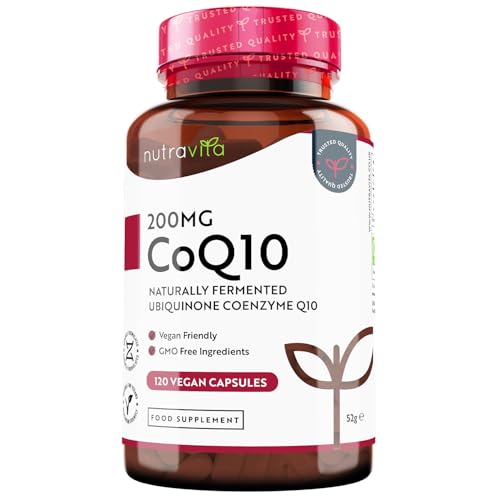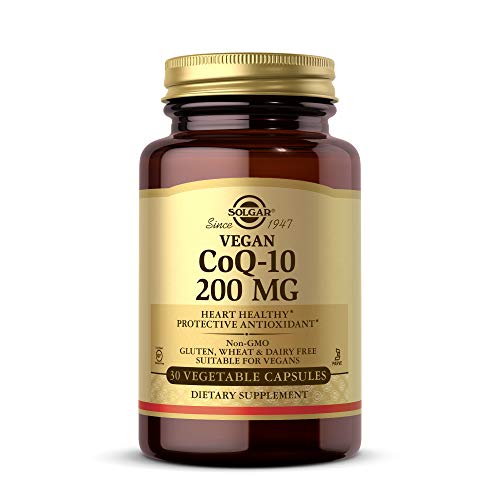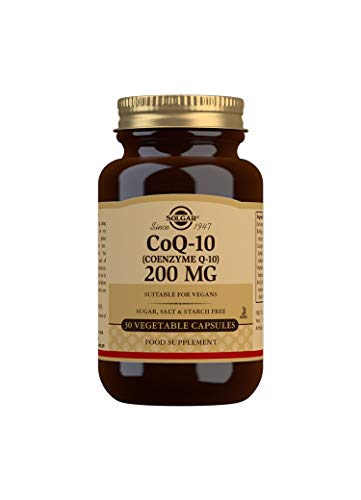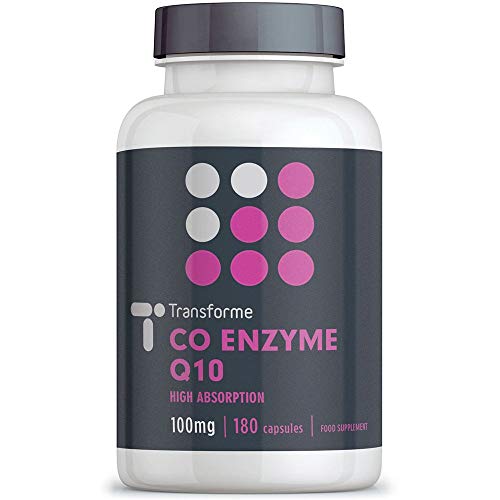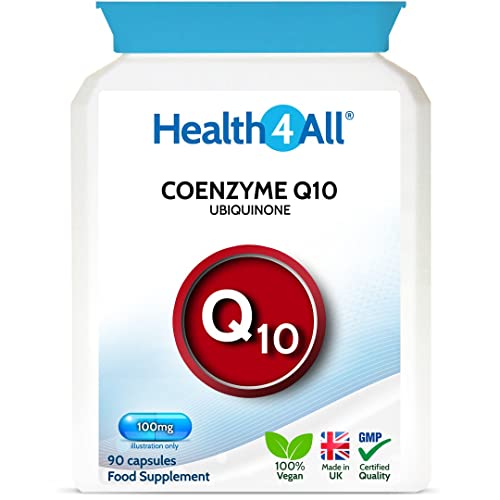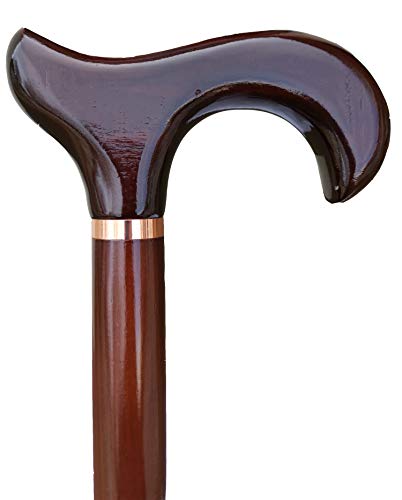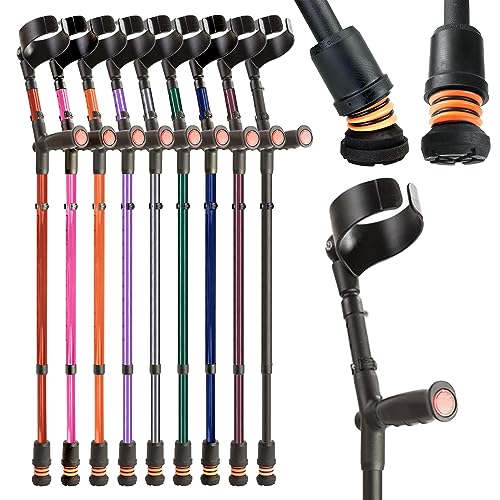Understanding Coenzyme Q10: What It Is and Why You Need It
What Is Coenzyme Q10?
Coenzyme Q10, often referred to as CoQ10, is a substance that is naturally produced by our bodies. It plays a critical role in the production of energy within our cells. Think of it as a fuel that powers the engines of our cells, helping them to function efficiently. Our organs, particularly the heart, liver, and kidneys, require a significant amount of energy to perform optimally, and CoQ10 helps meet this demand.
Why Do We Need Coenzyme Q10?
As we age, our natural production of Coenzyme Q10 decreases, which can affect our energy levels and overall health. People who suffer from certain health conditions, such as heart disease or diabetes, may also have lower levels of CoQ10. By supporting our energy production and acting as an antioxidant, CoQ10 becomes an essential nutrient for maintaining our health, especially as we grow older or deal with chronic health conditions.
The Benefits of Coenzyme Q10: Real Impact on Your Health
Enhancing Energy Levels
One of the most significant benefits of Coenzyme Q10 is its ability to enhance energy levels. If you’ve ever felt fatigued or run down, particularly after long days or periods of stress, CoQ10 might be beneficial for you. By improving energy production at the cellular level, it can help combat feelings of fatigue.
Supporting Heart Health
Coenzyme Q10 can also play a vital role in promoting heart health. It has been shown to help maintain healthy blood pressure and improve overall heart function. For those concerned about cardiovascular health, CoQ10 can provide essential support by ensuring the heart gets the energy it needs to work effectively.
Antioxidant Properties
In addition to its energy-boosting capabilities, Coenzyme Q10 acts as a powerful antioxidant. This means it helps protect our cells from damage caused by harmful molecules known as free radicals. By neutralising these free radicals, CoQ10 can contribute to overall health and longevity.
How to Choose the Right Coenzyme Q10 Supplement: Key Features to Consider
Types of Coenzyme Q10 Supplements
When selecting a Coenzyme Q10 supplement, it’s essential to understand your options. There are generally two types: ubiquinone and ubiquinol. Ubiquinone is the oxidised form, while ubiquinol is the reduced form, which is more readily absorbed by the body. For optimal benefits, especially if you’re over 40 or have certain health conditions, we recommend looking for a ubiquinol supplement.
Check the Dosage
Dosage is another critical factor when choosing a supplement. Most studies suggest a daily intake of around 100-200 mg for general health benefits. However, your specific needs may vary based on your health goals, so it’s wise to review the amount offered in the supplements you consider.
Form of Supplementation
Coenzyme Q10 supplements come in various forms, including soft gels, capsules, and powders. Soft gels tend to be easier to absorb, making them a popular choice. If you prefer a more versatile option, powdered forms can be mixed into smoothies or other foods.
Recommended Dosages and How to Incorporate Coenzyme Q10 into Your Daily Routine
Daily Dosage Recommendations
As mentioned previously, a dose of 100-200 mg of Coenzyme Q10 is typically recommended for healthy adults. It’s always a good idea to start with a lower dose to see how your body responds before increasing it. If you’re taking it for a specific health concern, such as heart health, consulting with a healthcare professional for tailored advice is advisable.
Incorporating into Your Routine
To incorporate Coenzyme Q10 into your daily routine, choose a time of day that works best for you. Many people find taking it in the morning or alongside a meal beneficial. Since CoQ10 is fat-soluble, consuming it with a meal that contains healthy fats can enhance absorption and efficacy.
Frequently Asked Questions About Coenzyme Q10: Expert Answers
Is Coenzyme Q10 Safe?
Yes, Coenzyme Q10 is generally considered safe for most people. However, some individuals may experience mild side effects such as nausea or stomach upset. If you are pregnant, nursing, or taking medication, it’s best to consult a healthcare professional before starting any new supplement.
Can I Get Coenzyme Q10 from Food?
Yes, Coenzyme Q10 can be found in small amounts in various foods such as fatty fish, organ meats, spinach, and whole grains. However, to achieve therapeutic levels that might provide health benefits, a supplement is often recommended.
How Long Does It Take to See Results?
The time it takes to notice the effects of Coenzyme Q10 can vary from person to person. Some individuals report feeling more energetic within a few weeks, while others may take longer. Consistent use over several weeks is generally recommended to assess its full benefits.
